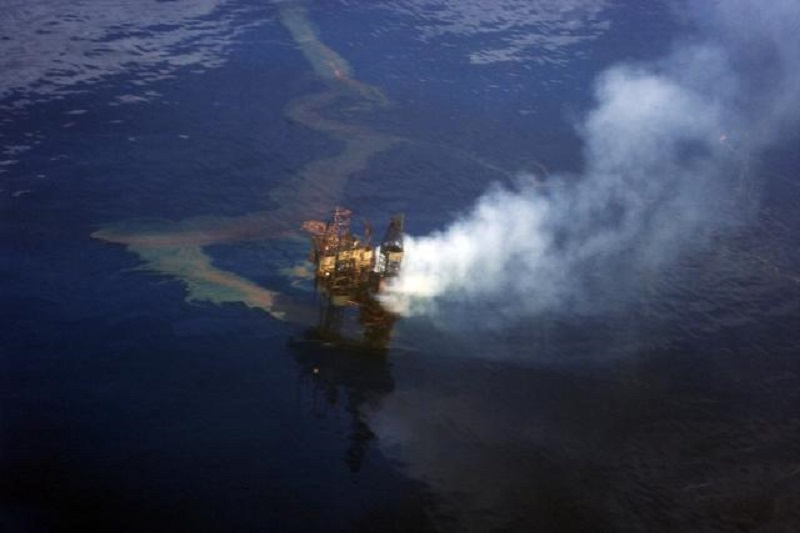
Indonesian seaweed farmers are set to seek more than AUD200m ($137m) from Thailand’s national petroleum exploration and production company PTTEP following the 2009 Montara oil spill, in a class action trial beginning on Monday 17 June.
The Montara oil field is located in the AC/RL3 block, 650km west of Darwin in the Timor Sea, offshore northern Australia. The oil spill on 21 August 2009 caused an estimated 148,000 barrels of oil to be released into the Timor Sea for 74 days and is considered one of the largest oil spills in Australian history.
The trial will be run by Australian class action law firm Maurice Blackburn over a period of ten weeks, representing over 15,000 seaweed farmers whose livelihoods were affected by the oil spill. The lead plaintiff in the case is farmer Daniel Sanda, who alleges that his seaweed crops on Rote Island were destroyed by oil from the Montara oil spill.
The oil spill also affected the health of communities in Indonesia, with a report from the Australia Lawyers Alliance observing skin conditions such as rashes, pus-filled cysts and inexplicable bruising following exposure to the surrounding ocean, as well as incidences of food poisoning in the aftermath of the spill.
The class action lawsuit was first filed in the Federal Court of Australia on 3 August 2016, with hearings held on 20 October 2016 and 1 August 2017. Judgement was given in favour of Sanda on 15 November 2017, allowing his case against PTTEP to continue.
In a statement, Maurice Blackburn said: “Seaweed – known as “green gold” to the Indonesians – transformed the regions in the early 2000s as the alternative livelihood brought in new opportunities for local communities to boost their subsistence lifestyle.
How well do you really know your competitors?
Access the most comprehensive Company Profiles on the market, powered by GlobalData. Save hours of research. Gain competitive edge.

Thank you!
Your download email will arrive shortly
Not ready to buy yet? Download a free sample
We are confident about the unique quality of our Company Profiles. However, we want you to make the most beneficial decision for your business, so we offer a free sample that you can download by submitting the below form
By GlobalData“Following the oil spill, the industry rapidly declined and farmers who relied on it to make a living found themselves struggling to make ends meet.”
Over 30 Indonesian witnesses and a number of experts on chemistry, oil spill modelling and environmental impact will give evidence in the trial.
Principal Maurice Blackburn lawyer Ben Slade said: “Our experts contend that approximately 6,000 barrels of oil per day contaminated the sea – that’s akin to pouring over 70 million litres of sludge into the ocean over the months that the environmental disaster dragged on for.
“We are now 10 years on from this environmental disaster and the oil company responsible and its wealthy Thai parent (PTTEP) continue to deny the devastating impact their oil spewing out uncontrollably for months on end had on Indonesian seaweed farmers.”
Barrister Greg Phelps said: “People had their livelihoods destroyed through no fault of their own, but through the negligence of a giant oil company – they deserve justice.”
On 14 June 2019, PTTEP said in a statement: “PTTEP Australasia has no comment on the matter at this time as it is currently before the Australian courts.”
A statement from the company in 2016 said: “PTTEP Australasia has always accepted responsibility for the 2009 Montara incident. One of PTTEP’s most important responses was to commission the largest independent scientific research program ever undertaken into the Timor Sea environment.
“These comprehensive studies clearly show no lasting impact on the highly sensitive and biodiverse ecosystems in the areas closest to Indonesian waters. Satellite imagery, aerial survey images and trajectory modelling concluded that no oil reached the Australian or Indonesian coastlines.”







